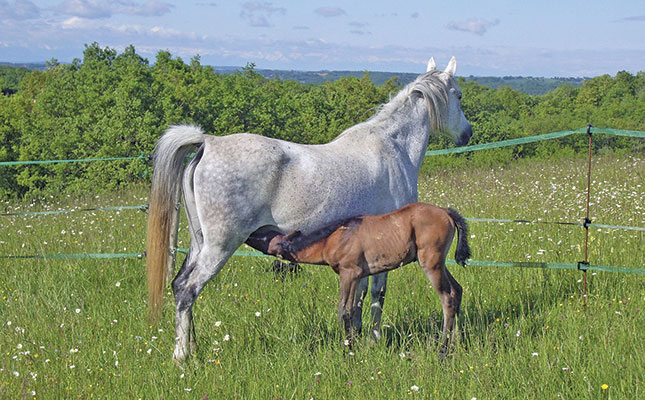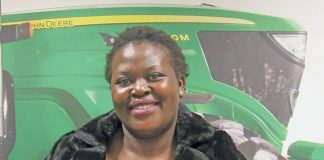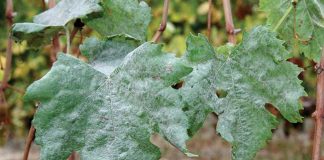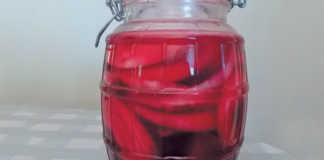
Photo: Jean Louis Tosque
While mares can theoretically come into season throughout the year, the breeding season in South Africa tends to start on 1 August, particularly for race horses, due to the time at which yearlings are generally auctioned at national sales.
Breeding is influenced by the length of the day, which gets longer towards springtime. This is a natural regulating mechanism that enables a mare to foal at the time of the year when there is sufficient grazing and she can produce enough milk to raise a foal. It is regulated by a protein hormone called melatonin.
Melatonin levels are lower during the daytime and higher at night. High levels of melatonin prevent the body from excreting gonadotrophin, which initiates the reproductive cycle.
As a result, mares usually come into season when the days get longer in spring. Those breeders who want mares to come into season before the beginning of spring can use lighting in their stables for an hour after sunset and an hour before sunrise. As soon as the mares start cycling, they can be mated. Mares generally gestate between 11 and 12 months.
August breeding
Using 1 August as the official beginning of the breeding season offers an advantage: yearlings born earlier will be bigger and taller than yearlings born later in the year, which means they will get a higher price on auction.
(Yearlings are sold between the ages of one year and two years. A yearling foaled in July/August 2020 can therefore be sold as a yearling from July 2021. This means that a Thoroughbred yearling, for example, sold at national yearling auctions early in the year will be at least 18 months old at the time of auction. It will be more physically mature than one foaled in, say, November 2020.)
The difference the breeder may get in price will help him/her feed the mare and foal until the grass really comes through in October or November.
However, for the average breeder, who has to currently cope with low prices for foals and the high cost of hay, it is wiser to hold back on breeding until the end of January or early February, so that the foals are born when the grass is particularly prolific and nutritious.
Disease factors
Another important factor is African horse sickness (AHS). By law, all horses must be vaccinated annually. In-foal mares, however, should not be vaccinated in the last month of gestation.
The vaccination period is from 1 June to 1 October. A mare mated in February will foal the following January, and it is therefore safe to vaccinate her in July/August, when she is at five to six months gestation.
If she is mated on 1 August, she will foal around 1 July, which makes it difficult to vaccinate her during the advised dates. If she is vaccinated after she foals, she will not transfer maternal immunity to the foal.
Foals born in January are protected against AHS by the antibodies in their dams’ milk. This means they will be protected from January until June, which is when most midges are flying. Foals cannot be vaccinated until they are six months old. Those born in January can thus be vaccinated during the recommended time frame.
Besides these advantages,
foals born in January can participate in showing in winter, when most shows occur north of the Vaal River. In the Cape, these foals are born when there is not much rain, and are robust enough to survive the chilly mud in winter.
The main disadvantage of mating in February is that it is close to the end of the breeding season; days start getting shorter in March and April, and some mares may thus stop cycling.
It is important to get mares checked by a veterinarian specialising in equine reproduction around the beginning of December or early January, to ensure they are in optimal breeding condition. This ensures that they will ‘take’ the first time they are mated. Pregnancy can be confirmed at 18 days.
Dr Mac is an academic, a practising equine veterinarian and a stud owner.










